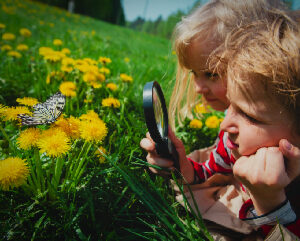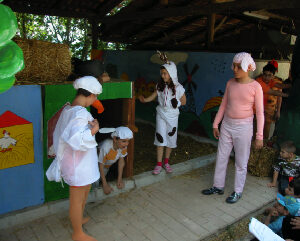Didactic zooanthropology is one of the applicative domains of theoretical zooanthropology. It focuses on the relationship between children and their natural referents, considered fundamental elements for a comprehensive and balanced growth and development.
Our relationship with other animals, which goes back to the Paleolithic and the Neolithic periods, gradually waned with the decline of rural culture.
Today more than ever, we need to restore our relationship with nature and other species in order to meet the needs of children and provide them with those important educational opportunities that have always been enhanced by the pedagogical tradition.
The main objectives of didactic zooanthropology are:
a) to improve and foster the relationship between children and non-human animals (to educate them to relationships);
b) to offer children educational and didactic opportunities in which non-human animals act as referents (to educate them through relationships).
Projects of didactic zooanthropology offer important opportunity for teachers. They can adapt to school programmes and ensure the children’s commitment; they also facilitate the creation of new poles of interest and multidisciplinary didactic pathways. To launch a project of didactic zooanthropology, however, the teacher needs training targeted towards appropriate topics, labs, and didactic activities. From a zooanthropological perspective, it is important to not only foster the encounter but also to appreciate non-humans as otherness endowed with subjectivity.



